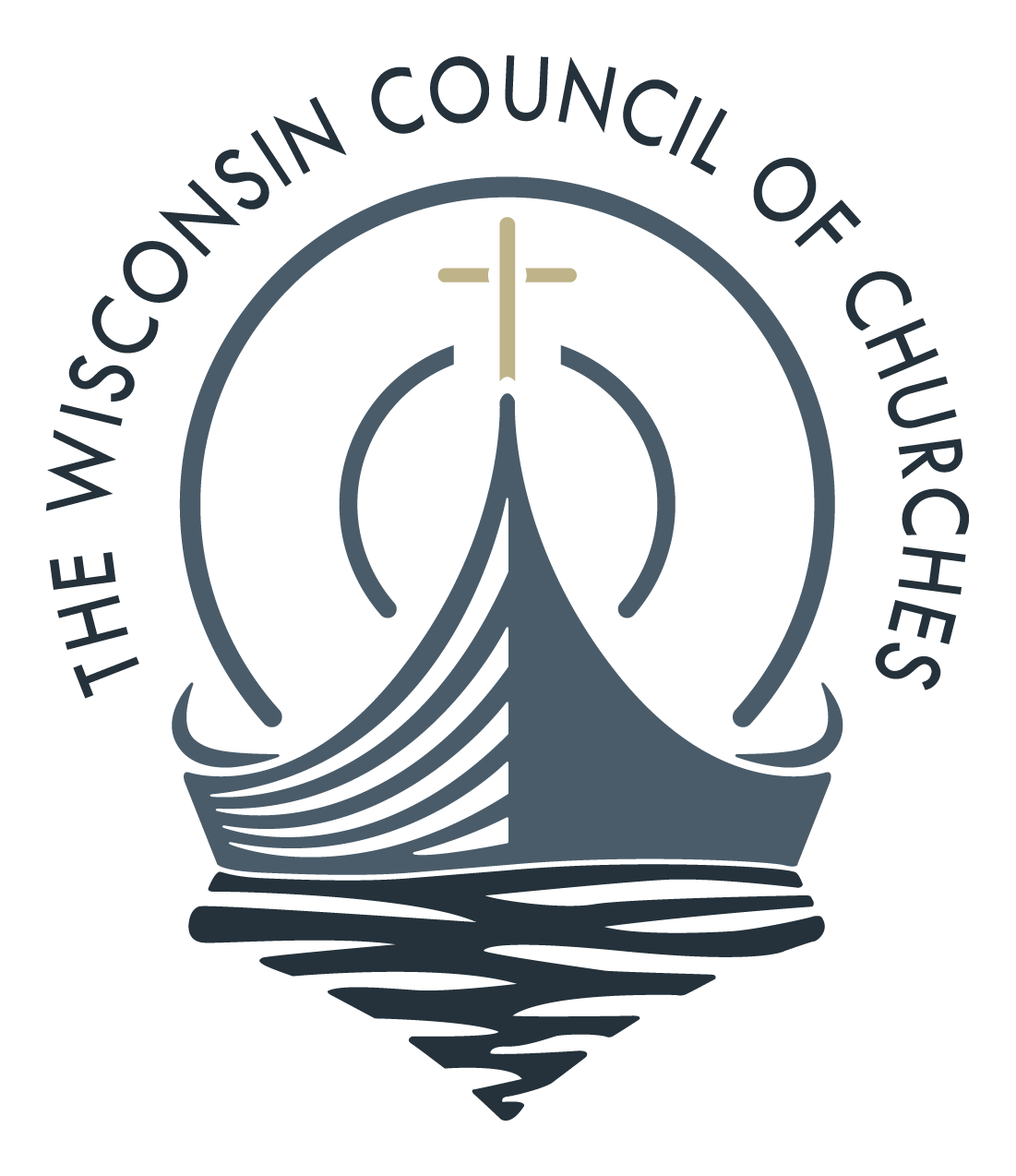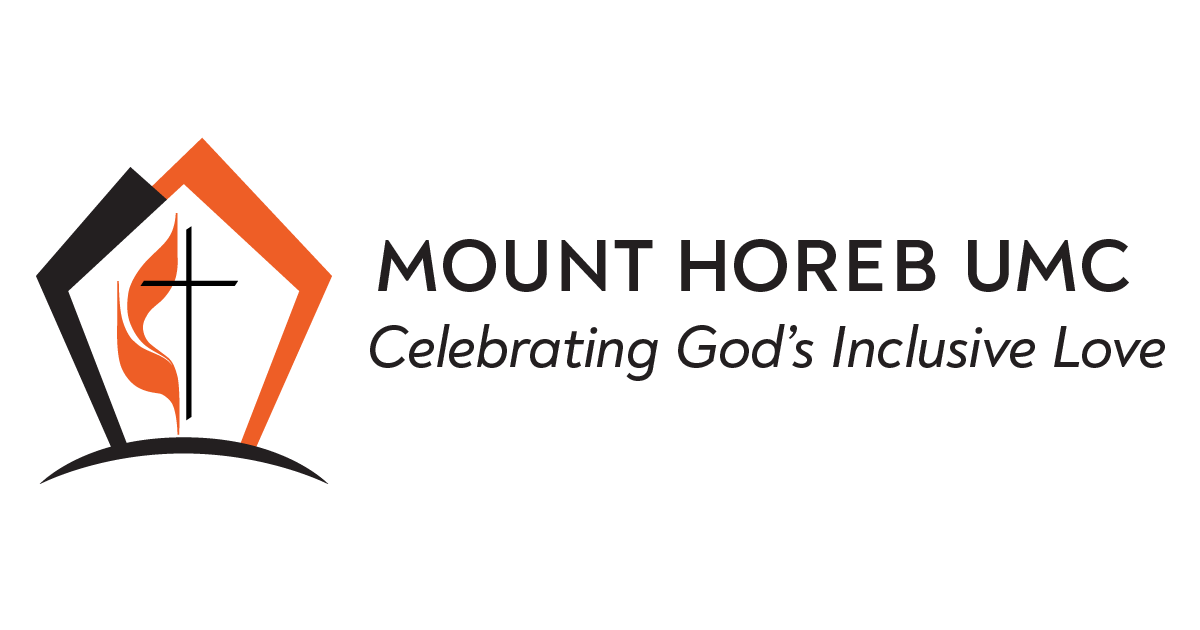Lenten Worship Series and Study

Repenting from Christian Nationalism, Introduction from Pastor Becky
This Lent, we will be working through a worship series designed by the Wisconsin Council of Churches titled, Repenting From Christian Nationalism. In this series, we are invited to examine a pressing issue that challenges our faith and witness as followers of Christ.
You may be asking, “Pastor, what is Christian Nationalism and why are we going to spend so much time with this topic?” Great questions! Christian Nationalism should not be confused with Christians who love their country, or with any particular denomination of Christianity, or any one political party.
Christian Nationalism conflates faith with a particular national identity, suggesting that allegiance to a nation is synonymous with allegiance to God; and vice-versa, seeks to eliminate the separation of church and state, using the arm of the government to enforce Christian values (as defined by those in power).
Below you'll find more information and a list of topics we will cover each Sunday. Wednesday night dinners during Lent will serve as opportunities for deeper discussion and activities of prayer and reflection. We will have a daily devotion available for you as well in print or email. I encourage you to reach out to me if you have any questions or concerns with these topics.
Grace and Peace,
Rev. Becky Rokitowski, Pastor at Mount Horeb UMC
Christian Nationalism should not be confused with Christians who love their country, or with any particular denomination of Christianity, or any one political party.
This ideology distorts the gospel by prioritizing political power, cultural dominance, and national loyalty over the call to love our neighbors, seek justice, and walk humbly with God. It often places boundaries on who belongs in God’s kingdom, fostering division, exclusion, and the misuse of Scripture to justify oppression. We are going to spend the whole season of Lent on this, because Jesus spent so much time preaching about the Kingdom of God, and we humans have a tendency to conflate that with our own kingdoms.
Through scripture, prayer, and honest conversations, we will seek God’s guidance to turn away from distorted loyalties and reclaim our primary identity as citizens of God’s kingdom. This journey of repentance is vital for the health of the church, the integrity of our faith, and the healing of a divided world. Join us as we confront this challenge and rediscover the radical, inclusive love of Christ that transcends all borders.
Schedule of topics
| Day of Week | Date | Topic | Scripture |
|---|---|---|---|
| Ash Wednesday | March 5 | Repentance | (Isaiah 58:1-12) |
| Sunday | March 9 | Repenting from Self-Reliance | (Luke 4:1-13) |
| Sunday | March 16 | Repenting from Systemic Violence | (Luke 13:31-35) |
| Sunday | March 23 | Repenting from Avoidance | (Luke 13:1-9) |
| Sunday | March 30 | Repenting from White Supremacy | (Luke 15:1-3, 11b-32) |
| Sunday | April 6 | Repenting from One Right Way | (John 12:1-8) |
| Sunday | April 13 | Repenting from Domination | (Luke 10:28-40) |
| Holy Week | April 14 - 19 | “My kingdom does not belong to this world” | (John 18:1-19:42) |
Last September, The United Methodist Council of Bishops published a pastoral letter where they wrote:
We strongly denounce political violence, which severs community bonds and supplants the rule of law. We equally denounce authoritarianism and secular and Christian nationalism, which foster centralization and abuse of power, accompanied by racism, xenophobia, tribalism, and misogyny. Nationalism is a political ideology that defies God’s love by pitting the interests of one group of people against others.
Christian nationalism demands laws, culture, and public policies be based on a distorted interpretation of the Gospel that elevates power and control over love. These ideologies are in direct contradiction to our Christian faith because our “love of God is always linked with love of neighbor, a passion for justice and the renewal of life in the world.” (“Our Doctrinal Heritage” Book of Discipline p 53).



